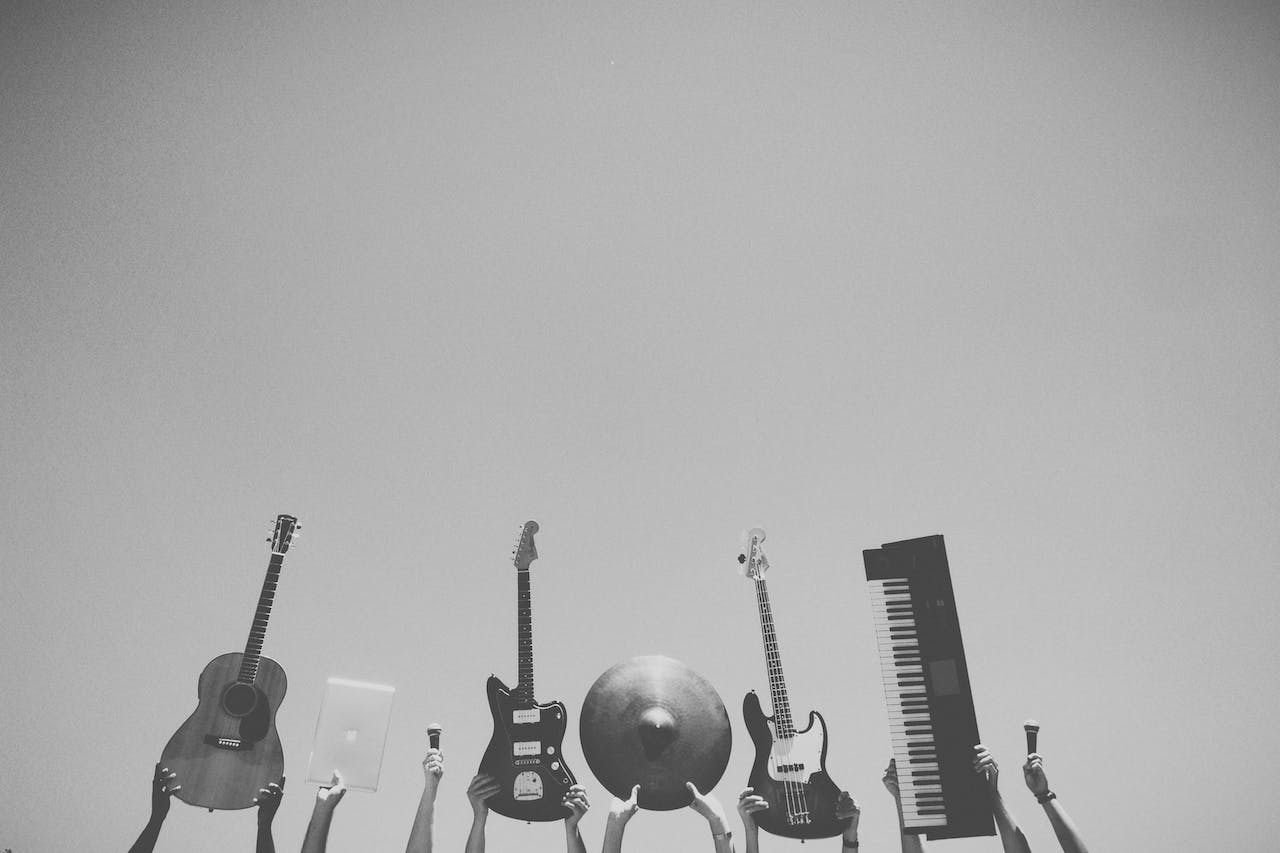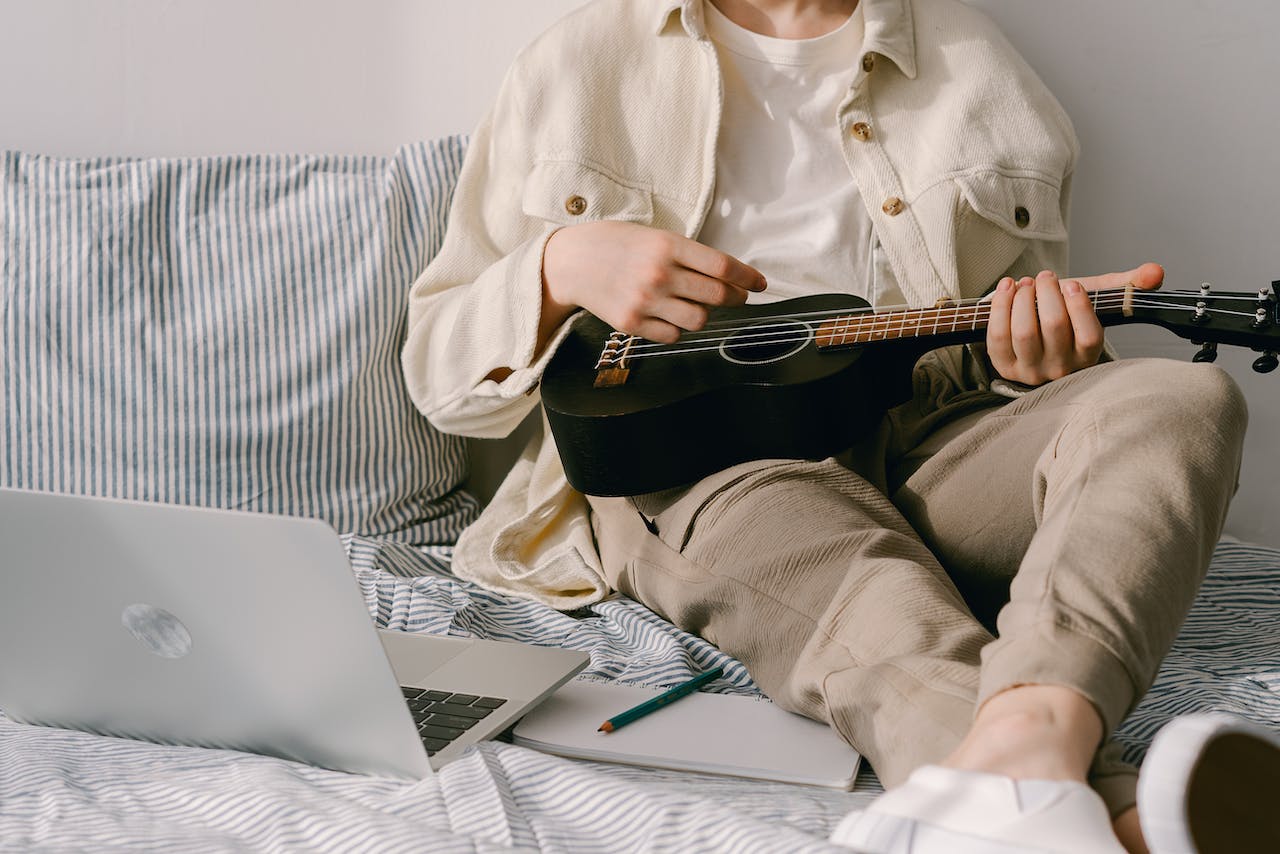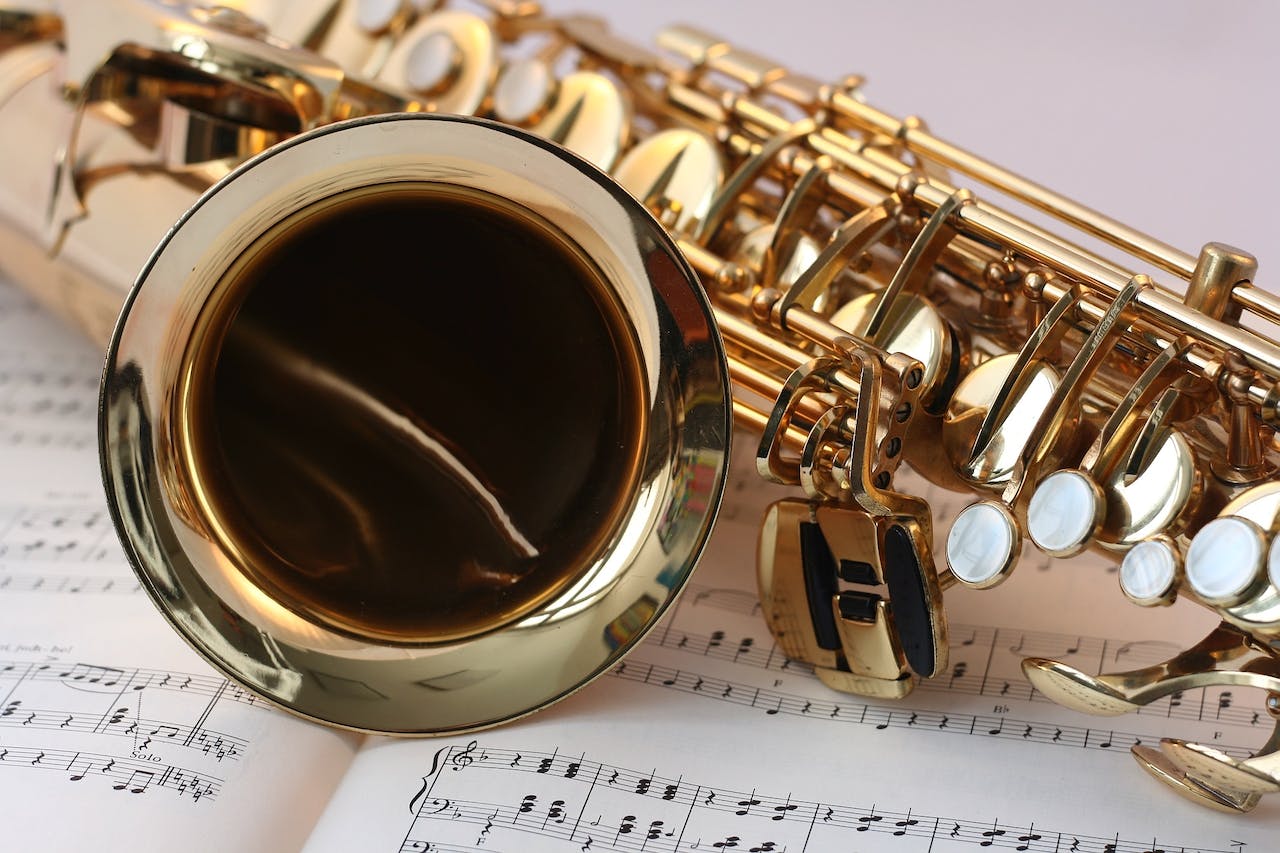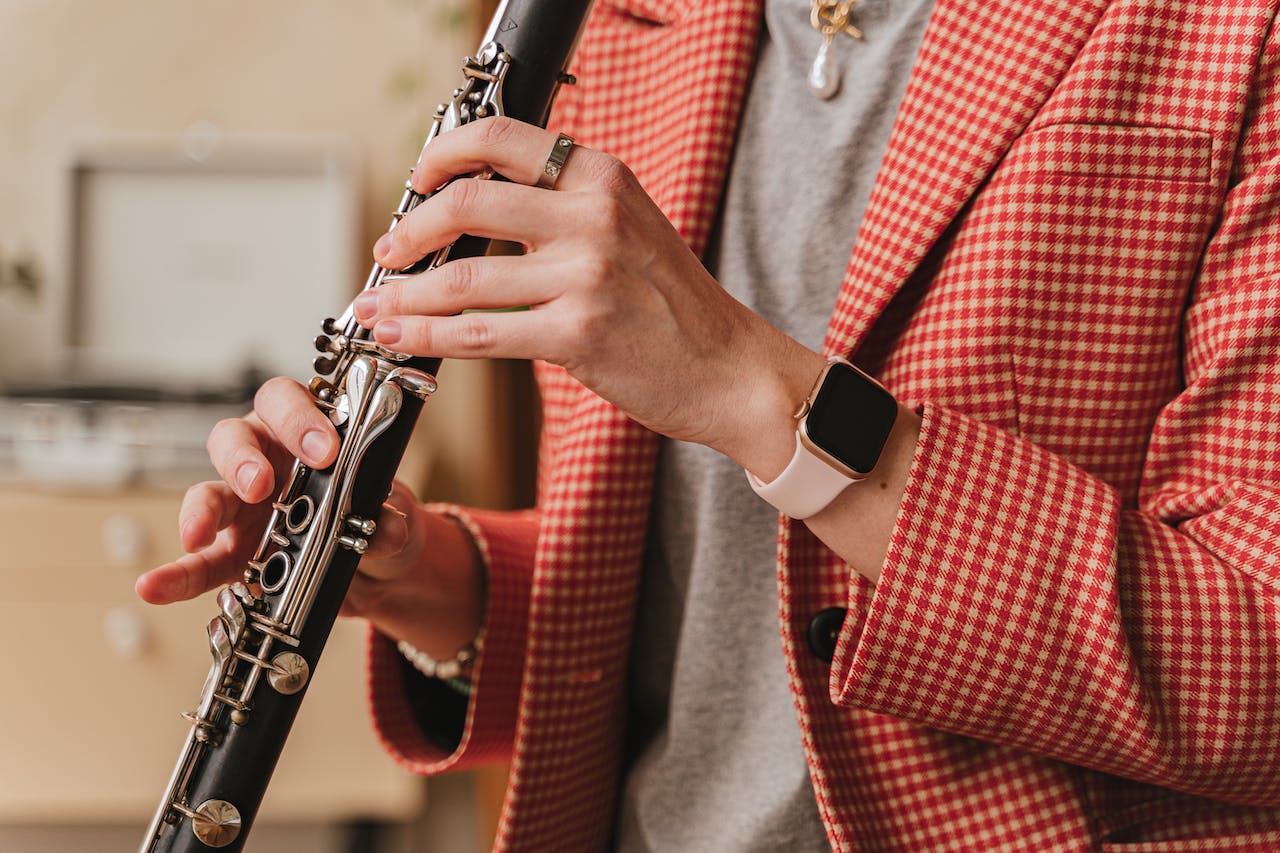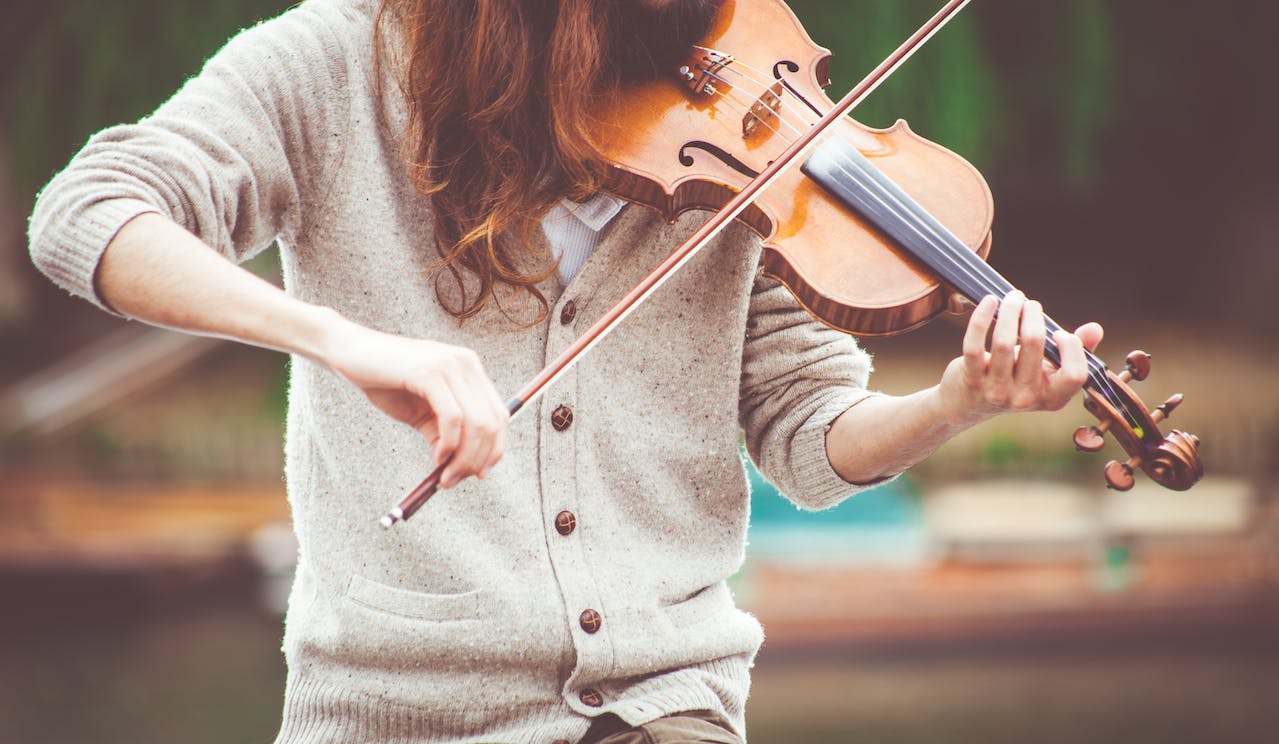Choosing the right musical instrument as a beginner is a crucial step in embarking on a musical journey that is both rewarding and enjoyable. This decision can shape one’s future musical path, influencing the progress made in the early stages and the long-term commitment to and love for music.
The vast array of instruments available today offers a world of sounds and styles catering to diverse musical tastes and preferences. However, the selection process can be overwhelming for novices with so many options. You can also watch tutorial videos on YouTube and learn the instrument by yourself if you’re confident enough. Today, you can also find sites that offer to teach musical instruments online, just like what the Musician Authority offers.
This guide aims to simplify that choice by highlighting the best musical instruments for beginners, considering factors such as ease of learning, affordability, and the availability of teaching resources. Whether you are drawn to the guitar’s melodic strings, the piano’s rich harmonies, or the drums’ rhythmic beats, this guide will help you navigate your options and select an instrument that best aligns with your musical ambitions and lifestyle.
Factors to Consider Before Choosing an Instrument
Before diving into the world of music and selecting an instrument to learn, several key factors must be considered to ensure a match that aligns with your personal goals, physical capabilities, and practical circumstances. These considerations play a pivotal role in shaping your musical experience and can significantly influence your enjoyment and progress as a beginner:
- Personal Interest and Musical Preferences: Your choice should reflect your musical tastes and the genres you are most passionate about. An instrument that excites you will keep you motivated through the learning process.
- Size and Physical Considerations: Assess whether an instrument’s size, weight, and ergonomic requirements suit your physical capabilities. Instruments like the tuba or double bass might pose challenges for younger players due to their size.
- Budget: Factor in the initial cost of the instrument, along with ongoing expenses such as maintenance, repairs, and accessories. Some instruments, like the violin, can vary widely in price.
- Availability of Teachers and Learning Resources: Consider the availability of local instructors or online tutorials for the instrument of your choice. Popular instruments like piano and guitar boast abundant learning materials.
- Practice Space and Noise Levels: Evaluate your practice environment. For example, a loud instrument may not be practical if you live in an apartment, and you might need to consider noise levels or electronic options with headphones.
Taking the time to weigh these factors against your personal situation carefully will guide you toward an instrument that fits your current lifestyle and offers a fulfilling and sustainable musical journey.
Recommended Instruments for Beginners
When starting out on your musical journey, selecting the right instrument is key to fostering a positive and encouraging learning environment. Certain instruments have proven to be particularly suited for beginners due to their ease of learning, accessibility, and the wide availability of teaching resources. Here are some highly recommended options for those new to music:
Piano/Keyboard
Often considered the best foundational instrument, the piano introduces beginners to music theory and harmony in a straightforward, visual way. Digital keyboards offer a cost-effective and space-saving alternative with volume control for practice in any living situation.
However, you might need to take a few formal lessons to learn the piano. And to be good at it, you need to develop serious coordination. But when you learn to play the piano, you will get a strong background in music theory, which can be translatable to almost any other instrument.
Guitar
The guitar, with its widespread popularity in many music genres, offers beginners the immediate gratification of playing songs with just a few basic chords. It’s also portable and has a vast array of online learning resources.
Finding the best acoustic guitar for you can be challenging because of the long list of guitars available in the market. However, seeking recommendations and buying guides on Instrument Insight and MusicCritic will help you pick the right guitar according to your preference and budget. You can also take guitar lessons in aurora.
Ukulele
Due to its small size and fewer strings, the ukulele is an excellent choice for beginners, especially younger learners. It’s easy to start making music quickly, and the instrument is relatively inexpensive.
Flute
The flute is also a great instrument for beginners. It is also among the most popular instruments, especially for school-age kids. It is a small and compact instrument that is easy to learn and affordable among the orchestra’s instruments. It is popularly used in orchestras and bands. That’s why when you learn it, you will be given many opportunities to play with others as you progress.
Saxophone
The saxophone is also a great musical instrument for beginners. It also comes in different types and sizes. But the most suitable for beginners is the alto saxophone. Many students find it easy to learn and pick up the fingering technique, making them produce good sounds quickly. For young beginners, you can opt for lightweight plastic saxophones that are smaller than real saxophones. They can help kids learn to play the saxophone more comfortably.
Clarinet
The clarinet is a woodwind instrument that is also great for beginners. In fact, many beginners find this musical instrument quite easy to learn. It is also a very popular instrument in orchestras and music ensembles, giving you many opportunities to play with a group when you learn it. And many people who know how to play the clarinet can also play other instruments like the saxophone.
Violin
While it has a steeper learning curve due to the need for precise finger placement and bowing technique, the violin is rewarding for its beautiful tone and ability to play in orchestras and ensembles.
Drums/Percussion
Learning drums can be immensely satisfying, offering a fundamental understanding of rhythm and timing. Electronic drum kits can be a good option for noise-sensitive environments.
Recorder
Often introduced in school music programs, the recorder is a great first wind instrument. It’s affordable, portable, and provides a foundation for learning other wind instruments.
Harmonica
This small, portable instrument is fun and easy to start playing. It’s used in a variety of music genres, including blues, folk, and rock.
Cello
Similar to the violin but larger, the cello has a deep, rich sound. It might be a bit more challenging than the violin initially due to its size, but it’s very rewarding.
These instruments not only accommodate the practical aspects of beginning music education but also offer a variety of sounds and styles, allowing students to explore their musical interests fully.
Conclusion
In conclusion, embarking on the journey of learning a musical instrument is an exciting venture that opens up a world of artistic expression and personal fulfillment. The key to a successful start in this journey lies in choosing the right instrument that aligns with your interests, physical capabilities, budget, and practical life considerations. Whether it’s the versatile piano, the popular guitar, the portable ukulele, the beginner-friendly recorder, the classical violin, or the rhythm-establishing drums, each instrument has its unique charm and set of challenges.
By carefully considering the factors outlined and exploring the recommended instruments for beginners, you can make an informed decision that sets the stage for a rewarding musical experience. Remember, the best instrument for you is one that sparks your passion for music, fits into your life, and encourages continuous learning and growth. Embrace the journey with patience, dedication, and an open heart, and you will find immense joy in the music you create.

